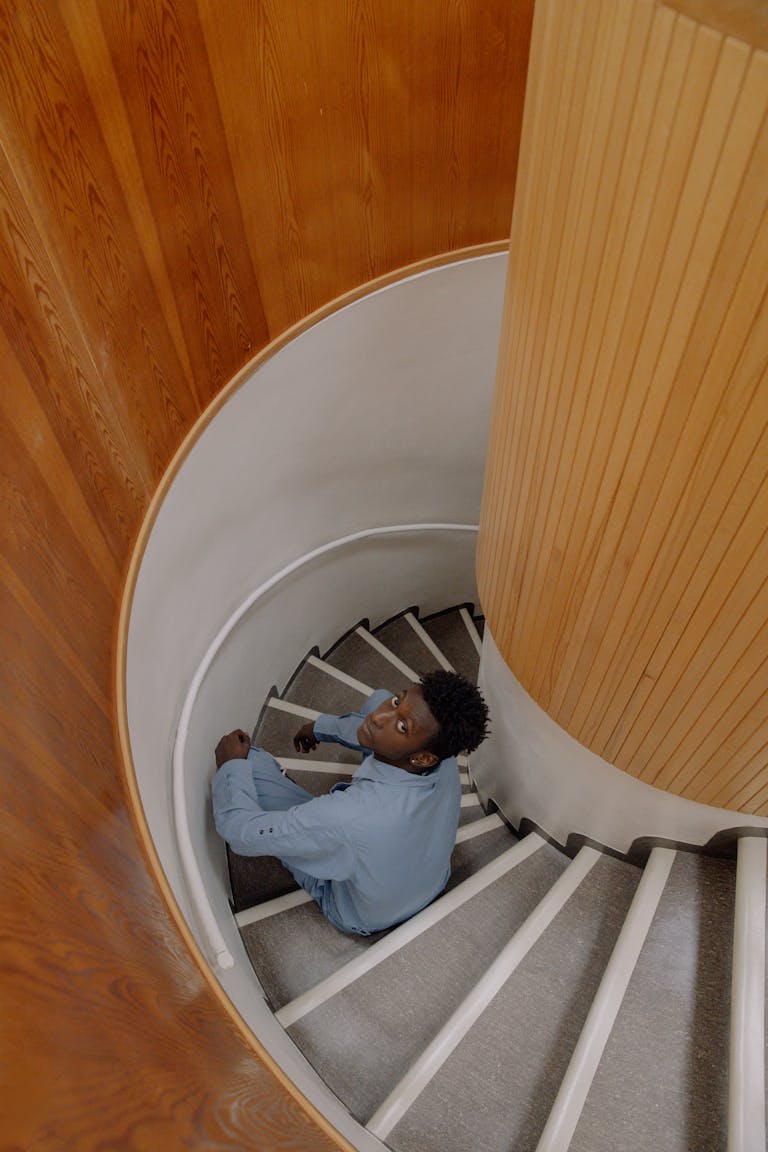Introduction
Ever started a new habit with excitement—only to crash after a few days?
You’re not alone.
The problem isn’t you. It’s how we build habits. Most people go too hard, too fast—and end up burning out.
Let’s explore how to build habits that actually last—without exhausting your willpower or joy.

1. Start Ridiculously Small
Want to build a reading habit?
Don’t commit to 30 minutes a day.
Start with 1 page a day.
Why?
Because small wins create momentum. Consistency > intensity.
James Clear, author of Atomic Habits, says: “Make it so easy you can’t say no.”
2. Anchor Your Habit to an Existing Routine
Instead of forcing a habit into your schedule, tie it to something you already do.
Examples:
- After brushing teeth → do 5 push-ups
- After making coffee → write in your journal
- After lunch → walk for 5 minutes
This trick, called habit stacking, helps habits feel automatic over time.
3. Track Progress (But Keep It Light)
Tracking helps your brain see progress—which is motivating.
Use a calendar, habit-tracking app, or journal. Don’t overcomplicate it.
Tip: Don’t break the chain. Aim for streaks, not perfection.
4. Use the 2-Day Rule
Life gets messy. You’ll miss a day. That’s okay.
But don’t miss two in a row.
This rule protects momentum and builds resilience.
5. Make It Enjoyable
If your habit feels like punishment, you won’t stick to it.
Find ways to make it fun:
- Add music
- Do it with a friend
- Reward yourself afterward
Pleasure wires your brain to want the habit again.
6. Avoid All-Or-Nothing Thinking
Building habits isn’t about being perfect—it’s about showing up regularly.
If you can’t do 20 minutes, do 2.
If you can’t run, walk.
Progress matters more than intensity.
7. Set Identity-Based Goals
Don’t just say, “I want to write every day.”
Say, “I’m a writer. Writers write.”
When your habits align with who you believe you are, they stick longer and stronger.
Q1: How long does it take to form a habit?
Research shows it varies—on average, about 66 days. But it’s less about the number and more about consistency.
Q2: What if I keep failing to stick to a habit?
Lower the bar. Shrink the habit. Make it easier to succeed—even on bad days.
Q3: Should I build multiple habits at once?
Start with one. Once that feels automatic, add another. Focus creates faster results.
Q4: What’s more effective—morning or evening habits?
Whichever time works consistently for you. Align with your natural energy and schedule.
Choose one small habit you want to build.
Start today—with a tiny, joyful action.
Track it. Celebrate it. Keep showing up.
That’s how lasting change happens.

I’m EKBAL HOSSAIN MONDAL, the creator of SmartSolveTips.com — a blog dedicated to helping people improve productivity, avoid digital burnout, and live better online. With years of hands-on experience in self-development and digital wellness, I write practical tips and tools to help you stay focused and thrive in a fast-paced digital world.






